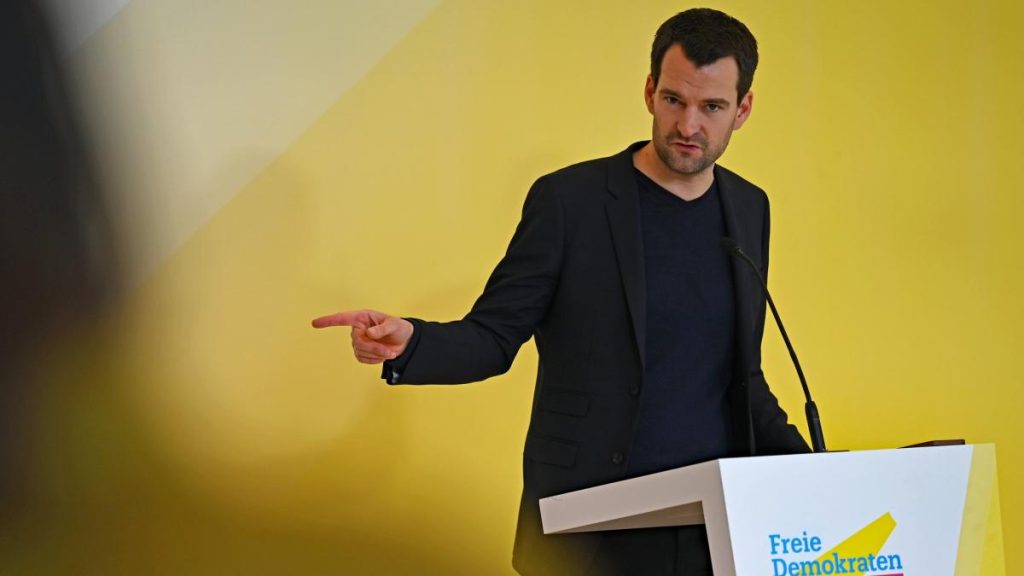The proposed Kindergrundsicherung (child basic income) in Germany has sparked controversy within the ruling coalition. Family Minister Lisa Paus of the Green Party wants to create 5000 new positions to handle the implementation of the program, but the FDP Parliamentary Managing Director Johannes Vogel has rejected this idea, stating that there is still no functional concept in place. He believes that the focus should be on digitalizing processes and reducing bureaucracy rather than adding to it. This disagreement has led to tension within the coalition, with prominent FDP members expressing their dissatisfaction with Paus’ proposals.
Paus has defended her idea of creating 5000 new positions, arguing that it would help alleviate the bureaucratic burden on citizens. The Kindergrundsicherung is intended to reach up to 5.6 million children and adolescents and would consolidate existing benefits such as child benefit and child supplement. However, FDP Minister Christian Lindner disagreed with the notion that the state should have a ‘duty’ to provide these social benefits, especially if it requires hiring additional staff. The legislation for the Kindergrundsicherung is currently in the process of parliamentary debate, with the aim of implementing the program by January 1, 2025.
Criticism of the Kindergrundsicherung program has also come from social organizations and the Left Party, who have criticized the government for not doing enough to address child poverty in Germany. Social groups argue that the current bureaucratic hurdles faced by families in accessing financial support for their children need to be removed. The delay in implementing the Kindergrundsicherung has also raised doubts about whether the proposed deadline of January 1, 2025, will be met. The SPD faction believes that a phased implementation of the program may be more realistic given the delays in finalizing the legislation.
Despite the internal disagreements within the coalition, the Greens remain committed to the Kindergrundsicherung program, emphasizing the benefits of simplifying and consolidating social benefits for families. However, the ongoing disagreements have been criticized by the Left Party and social organizations as a sign of prioritizing bureaucratic concerns over the needs of families living in poverty. Critics have called for a more comprehensive and streamlined approach to addressing child poverty in Germany, rather than a piecemeal solution that may not fully address the root causes of the issue. The Kindergrundsicherung program remains a key focus of the government’s social policy agenda, with continued debate and negotiations expected in the coming months.














